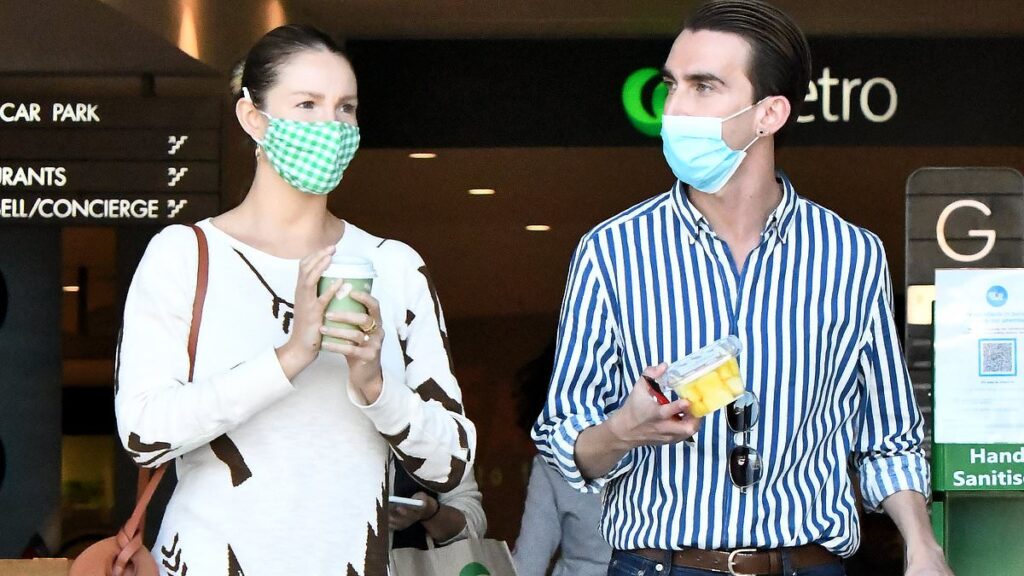
Thousands of Australians have been hit by a trifecta of viruses, with influenza, Covid-19, and respiratory syncytial virus (RSV) cases surging across the nation. This viral onslaught has left many wondering why it feels like everyone in Australia is sick right now.
According to Dr. Catherine Bennett, an epidemiologist at Deakin University, the late-winter spike in illnesses was driven by several factors. Most notably, the 2025 flu season extended much longer than usual, peaking from late June to mid-August before gradually declining.
‘The influenza season peaked later, so it’s taking a while to clear those infections,’ she told Daily Mail. ‘There are also other viruses going around. There are still people with Covid and the flu. It’s due to a number of factors, including weather, behaviours, and travel.’
The good news is that infections are declining steadily as the weather warms up. Australian National University epidemiologist Professor Peter Collignon noted that while viruses never completely disappear, cases should start to drop off by mid to late October.
Understanding the Viral Surge
This development follows a global trend of fluctuating viral patterns, influenced by changing weather conditions and human behaviors. While new Covid strains continue to emerge worldwide, experts are less concerned than in previous years.
‘There will always be a new strain every few months, but there’s nothing on the horizon to suggest that it will be any worse than what we’ve seen,’ Dr. Collignon said. ‘We’re just as prone to lots of other viruses out there than Covid.’
Australians can reduce their risk of infection by staying home if they develop cold and flu symptoms. If they must go out, keeping a mask handy, especially for those with other health complications, is advisable.
‘The flu is like any other illness – don’t mix with others while infectious to avoid spreading,’ Dr. Bennett advised. Professor Collignon added, ‘It’s the same advice we’ve given for five, 10, even 20 years.’
Vaccination Fatigue and Its Consequences
Annual influenza vaccinations and Covid boosters in March or April are recommended to protect against the peak season. However, vaccination rates have declined, with some Australians experiencing vaccine fatigue.
The Australian Respiratory Surveillance Report indicates that fewer adults have received a Covid vaccine in the past year compared to the previous year. Influenza vaccine coverage is at 30.5 percent, lower than in 2023 or 2022.
Of the 77,956 cases of influenza recorded across Queensland in 2025, 84 percent were not vaccinated.
Dr. Philip Britton, an infectious diseases physician at The Children’s Hospital at Westmead, believes a combination of vaccine fatigue and complacency over the flu has led many parents to forgo vaccinations for their children.
‘That might be the case for some people, but as a doctor who works in a hospital, it is tragic to see children end up in intensive care with a preventable infection,’ Dr. Britton stated.
Current Situation and Future Outlook
Since late June, GP visits for flu-like symptoms have been running well above the five-year average, according to the Australian Respiratory Surveillance Report. The most recent update (September 8–21) shows cases are finally easing, but levels remain higher than in previous years.
The virus remains a serious threat, particularly in Queensland, where 2,706 new infections were reported in just one week to September 26. In New South Wales, flu levels have eased from ‘high’ to ‘moderate,’ though more than 4,000 fresh cases were still logged in the latest reporting week.
The common cold has also seen a recent spike, with 6,334 people affected in the week to September 20 in New South Wales alone.
As Australians navigate this challenging viral season, experts emphasize the importance of vaccinations and adhering to public health guidelines to mitigate the spread of infections. With warmer weather on the horizon, the hope is that the current wave of illnesses will soon subside, allowing for a healthier end to the year.






